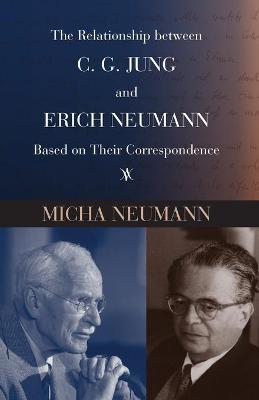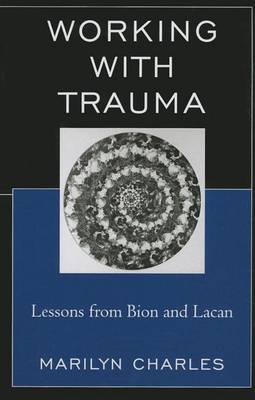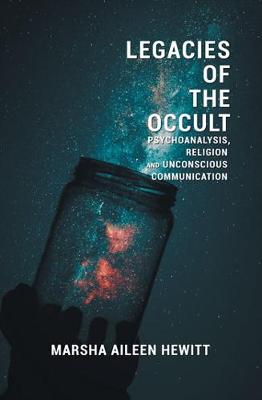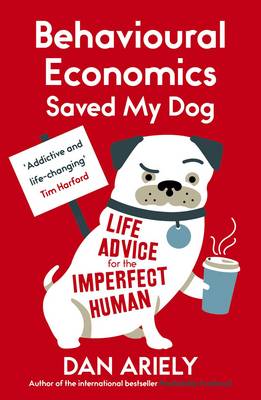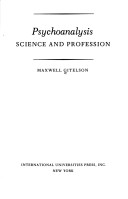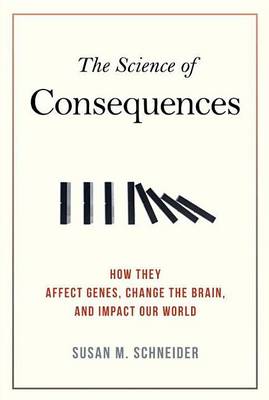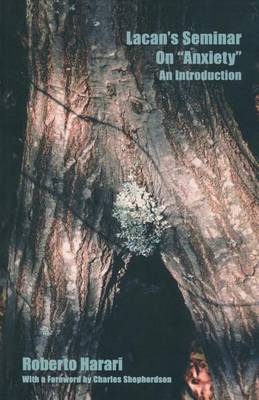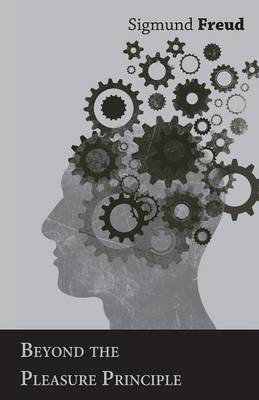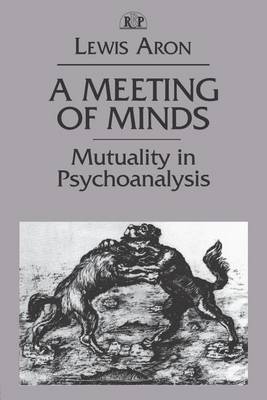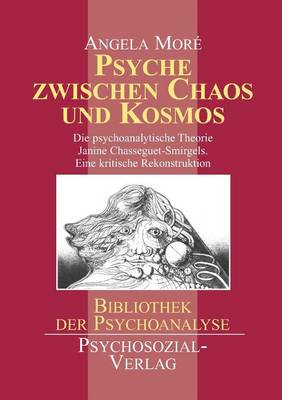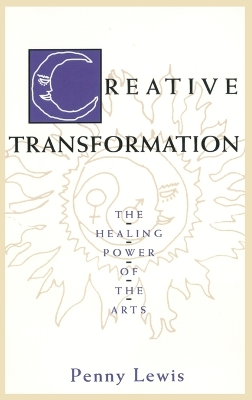The Relationship between C. G. Jung and Erich Neumann Based on Their Correspondence
by Micha Neumann
Working with Trauma (New Imago: Series in Theoretical, Clinical, and Applied Psyc) (New Imago)
by Marilyn Charles
Telepathy, thought transference, unconscious communication. While some important early psychological theorists such as William James, Frederic W. H. Myers and Sigmund Freud all agreed that the phenomenon exists, their theoretical approaches to it were very different. James's and Myers's interpretations of and experimental investigations into telepathy or thought transference were an inextricable part of their psychical researches. Freud's insistence on the reality of thought transference had not...
The Complex Ptsd Coping Skills Workbook
by Tamara McClintock Greenberg
Internationally bestselling author Dan Ariely brings his unique perspective to bear on a maelstrom of life's problems - from how to deal with a Christmas card list that's fast becoming unmanageable to whether or not you should have children. Ariely changed the way we view ourselves, how we think and how we act, with his book Predictably Irrational. In his immensely popular Wall Street Journal advice column, where readers "Ask Ariely" for his help with various dilemmas, he provides a logical vie...
Actions have consequences--and the ability to learn from them revolutionized life on earth. While it's easy enough to see that consequences are important (where would we be without positive reinforcement?), few have heard there's a science of consequences, with principles that affect us every day. Despite their variety, consequences appear to follow a common set of scientific principles and share some similar effects in the brain--such as the "pleasure centers." Nature and nurture always work...
Beyond the Pleasure Principle - The International Psycho-Analytical Library
by Sigmund Freud
The Philosophical Library Existentialism Collection
by Martin Buber, Martin Heidegger, and Jean-Paul Sartre
This book explains the philosophy of the science of behaviour and challenges the traditional answers to questions of behaviour as well as refuting common misconceptions about behaviourism. The author looks at the causes of behaviour, stimulation, instincts, perceptions, verbal behaviour, motivation and emotion and more, turning the explanation of behaviour inside out and calling for a drastic change in our way of thinking about man.
